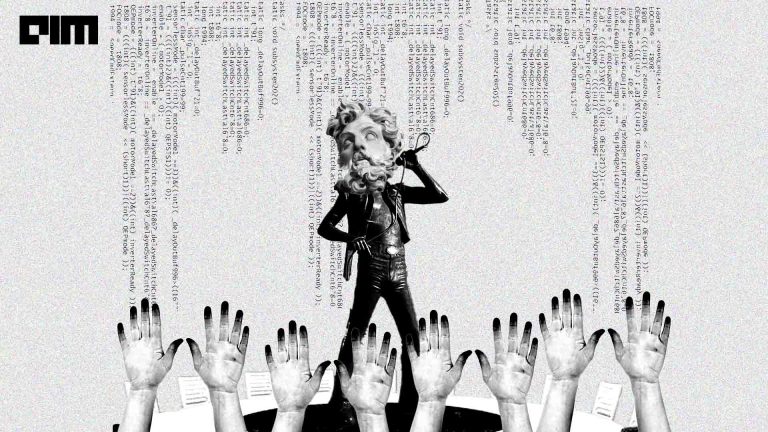The startup founders of Bangalore are a completely different breed altogether. A few weeks ago, we spoke about the rise of Chief Everything Officers, the founders who assumed the role of every employee in a company. They made coffee, could code the next billion-dollar app, secure funding, find an apartment, and whatnot.
Not to forget, human resources management (HRM), a key organisational function that founders are more than happy to take up.
In an interview with Tucker Carlson, Pavel Durov, the founder and CEO of Telegram, revealed that he was the only product manager the company had! Notably, the company has a billion users and a 30-member tech team. “I still come up with most of the features and still work with every engineer and designer… Because I enjoy it,” said Durov.
When asked about the size of his HR department, Durov said, “Zero” because Telegram decentralised it. “We have a separate platform for that and we select the best of the best engineers from competitions,” explained Durov.
“We don’t need the HR department to find super talented engineers,” he added.
Although Telegram is a Russian company, the same trend can be seen catching up in several startups in Bangalore. “No HR, one product manager and 30 devs banging their heads with MacBooks but we call it ‘Third Wave Coffee’,” said Shravan Tickoo, the founder of Rethink Systems.
A blog post by Ria Shroff Desai from Blume Ventures also explained why a lot of early-stage startups do not need an HR as that is the time for “moving fast and breaking things”. Dara Khusrowshahi, the CEO of Uber, believes that at the beginning of a startup’s journey, you need people to be daring like pirates, and become a navy later on.
10x Founders
However, running a company this way is not easy. Shweta Jain, product owner at Fictiv, said that numerous factors affect the work efficiency within such companies and this cannot work for startups that rely on remote work. “Consider the complexity with the same setup that could arise if the employees are from different time zones, cultures, and speak different languages,” she said, adding that it could lead to decreased productivity.
This also questions the need for HR or product managers within a company of a small size. “The product managers, even though I may get bricks for this, hardly add much value and very often I see that they are just acting as glorious postmen and women,” said a user on the LinkedIn post.
Although, this type of setup can be risky for companies who don’t have a founder with a vision on the product. Such self-reliance is giving rise to a lot of founders or ‘solopreneur’ who are ready to do a lot of work by themselves for a business run by a single person.
When it comes to Bengaluru, the hustle is real with everyone trying to build a startup. “Startup addiction is in the air of Bangalore (sic),” said a user of LinkedIn. And what could be better than your co-founders being your flatmates, or maybe just you tackling multiple roles. This has given rise to founders and CEOs who are willing to multitask to fulfil the demands of their startups.
HR to be Replaced?
With the advent of generative AI tools for marketing and analytics, many companies have integrated them within their teams for improved productivity. With products like Leena AI and Zoho Recruit, which are helping companies assist, or in some cases, completely automate the hiring process is proving to be a game changer for founders who want to keep a lean team.
Last year, big-tech companies laid off many in HR roles citing reasons of upskilling the department as AI was able to handle a majority of their jobs.
Moreover, the 9-to-5 jobs are also coming closer to an end with the rise of the gig-based-economy, as predicted by Reid Hoffman. There seems to be less importance given to HR as there would be no regular employees in the future, which simultaneously could also be problematic for companies that are trying to retain any type of talent.
A lot of companies have already started outsourcing the hiring process to recruitment companies. This would also give rise to the one-person billion-dollar companies.
Another prediction is that by 2034, one in three professionals will operate multiple micro-businesses. The passion economy will give rise to unexpected millionaires. This could also possibly give rise to the first billion-dollar business built by one person with the help of AI.
Given the culture of Bangalore, it is very likely that the first one-person billion-dollar company would come out of the city, and it would not need the HR department, as there would be no one to hire, or fire.
Alas! The HR jokes would also come to an end.































